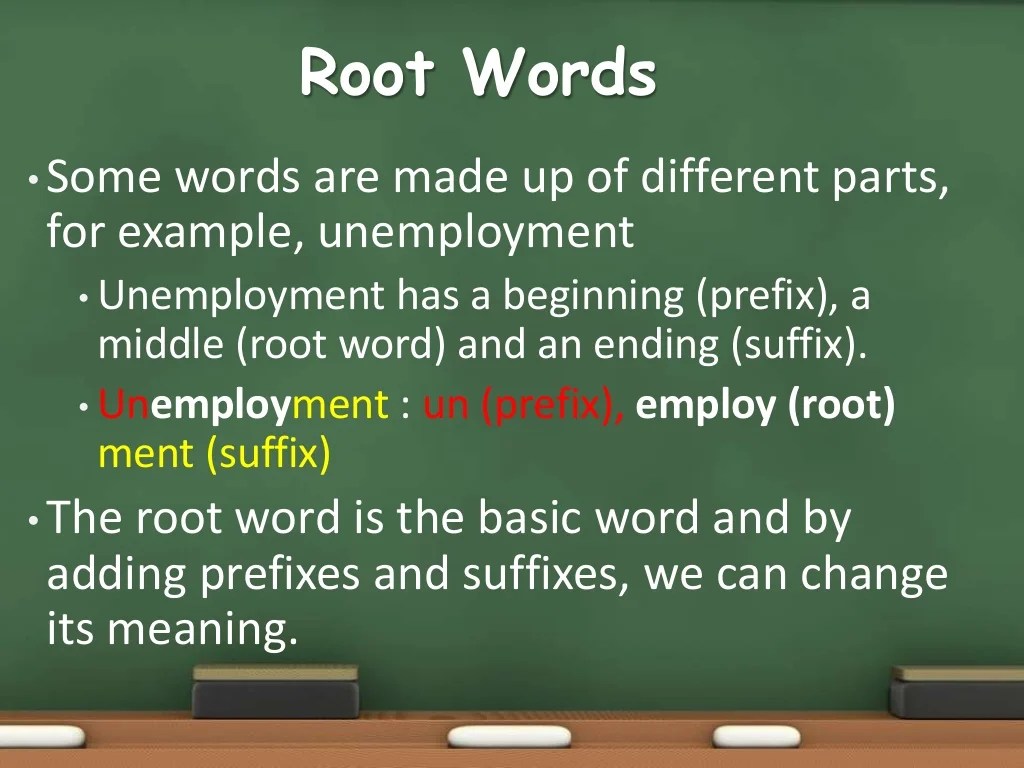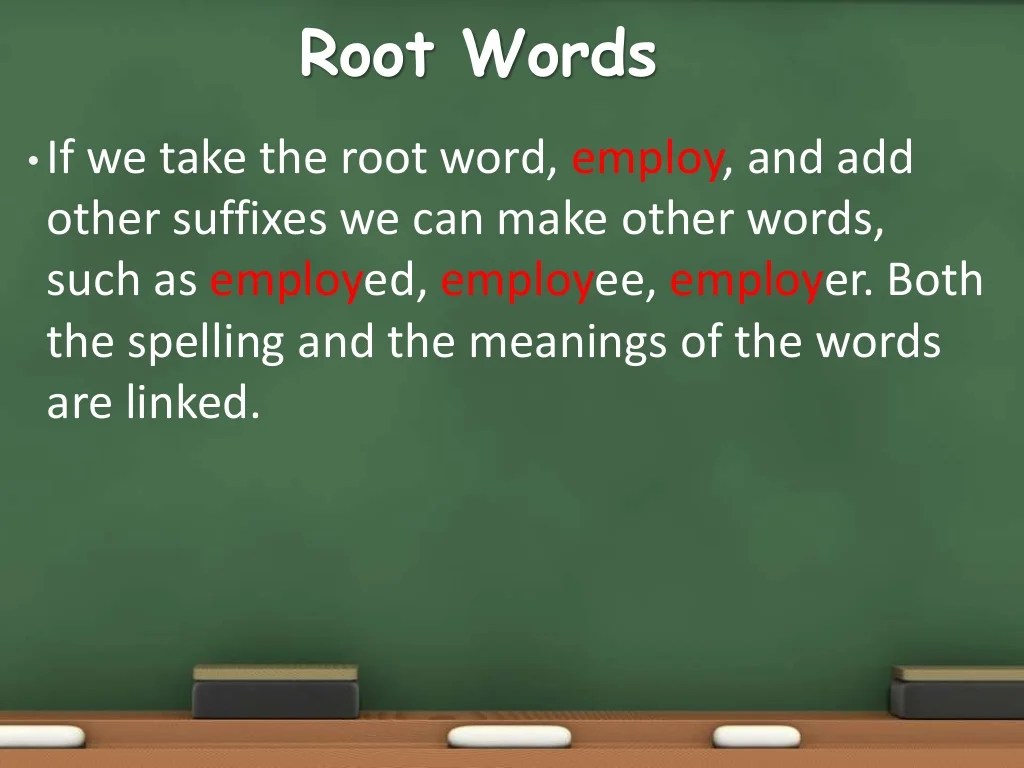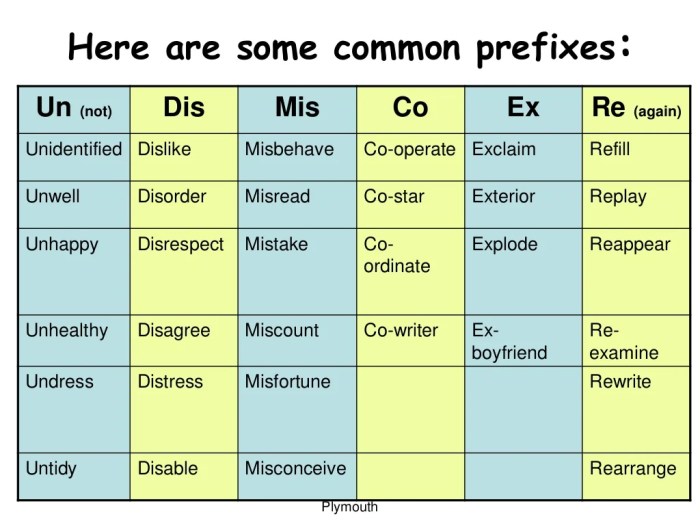Lecturer root word prefix and suffix – The term “lecturer,” steeped in history and linguistic evolution, serves as a gateway to understanding the complexities of language and its influence on our comprehension of the world. This exploration into its root word, prefix, and suffix unravels the intricate tapestry of its etymology, revealing the nuances that shape its meaning and usage.
The word “lecturer” finds its origins in the Latin word “lector,” meaning “reader,” and the Greek word “legein,” meaning “to speak.” Over time, the word evolved to encompass the concept of a person who delivers formal speeches or lectures, imparting knowledge and insights to an audience.
Etymology and Origin: Lecturer Root Word Prefix And Suffix

The word “lecturer” has a rich etymological history, tracing its roots to both Latin and Greek.
The Latin word “legere” means “to read” or “to speak,” while the Greek word “лектор” (lektor) refers to a “reader” or “speaker.” Over time, these words evolved into the Middle English term “lectour,” which was eventually adopted into Modern English as “lecturer.”
Prefix and Suffix Analysis

The word “lecturer” consists of the root word “lect,” which means “to read” or “to speak,” and the suffix “-er,” which indicates a person who performs an action.
The prefix “lecto-” is derived from the Latin word “legere,” while the suffix “-er” is a common English suffix used to form nouns that refer to people who perform certain actions or have specific roles.
Semantic Range
The word “lecturer” has a wide semantic range, encompassing various meanings and uses.
- In academia, a lecturer is a person who delivers lectures to students, typically at a university or college.
- In a more general sense, a lecturer can be anyone who gives a speech or presentation to an audience, such as a public speaker or a guest speaker at an event.
The prefix “lecto-” and the suffix “-er” contribute to the semantic range of the word by specifying the action of “reading” or “speaking” and the role of the person performing that action.
Related Words and Phrases

Several words and phrases share the same root or prefix/suffix as “lecturer,” forming a semantic network related to the concept of reading, speaking, and teaching.
| Word/Phrase | Definition |
|---|---|
| Lector | A person who reads or speaks publicly, especially in a religious setting. |
| Lecture | A speech or presentation given to an audience, typically in an academic or educational context. |
| Lecturer | A person who delivers lectures, typically at a university or college. |
| Lectionary | A book containing the readings from the Bible used in Christian worship. |
| Legible | Capable of being read or understood. |
Cultural and Historical Significance

The word “lecturer” holds cultural and historical significance, reflecting the importance of reading, speaking, and education in different societies and time periods.
In ancient Greece, lecturers played a crucial role in the dissemination of knowledge and ideas, delivering lectures on philosophy, rhetoric, and other subjects.
In the Middle Ages, lecturers were often associated with universities and monasteries, where they taught a wide range of subjects, including theology, law, and medicine.
In the modern era, lecturers continue to be essential figures in academia, sharing their knowledge and expertise with students and contributing to the advancement of various fields.
Clarifying Questions
What is the origin of the word “lecturer”?
The word “lecturer” originates from the Latin word “lector,” meaning “reader,” and the Greek word “legein,” meaning “to speak.”
What is the function of the prefix and suffix in the word “lecturer”?
The prefix “le-” indicates “to read” or “to speak,” while the suffix “-er” denotes a person who performs an action. Together, they form the word “lecturer,” referring to an individual who delivers formal speeches or lectures.
How does the prefix and suffix influence the semantic range of the word “lecturer”?
The prefix and suffix contribute to the semantic range of the word “lecturer” by specifying the role and function of the individual. They narrow down the meaning from a general “speaker” to a specific person who delivers formal lectures, imparting knowledge and insights to an audience.
